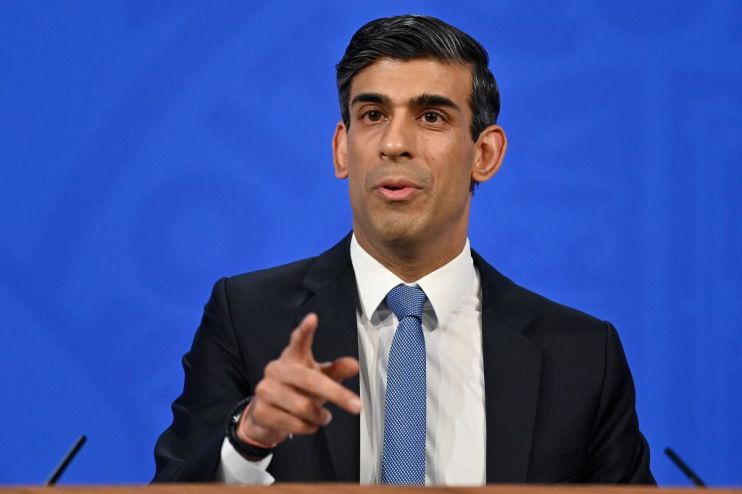UK’s post-Covid small business support programme sees slow take-up

Rishi Sunak’s post-Covid scheme to boost productivity among small British businesses has seen it reach just a tenth of its target in its first six months.
The Help to Grow scheme, launched in August last year, is intended to support 30,000 small and medium sized enterprises (SMEs) by offering business training in areas like marketing and financial management.
The £520m scheme was described by Sunak when it was announced in the March 2021 Budget as a way to ensure SMEs “are embracing the latest technology and management training [and] fuelling our Plan for Jobs by boosting productivity in all corners of the UK”.
However, the Financial Times has revealed that just 2,500 businesses have signed up and that many are not eligible for the programme.
The government has made some efforts to boost take-up, with business secretary Kwasi Kwarteng recently writing to FTSE250 firms to encourage them to tell smaller companies in their supply chains to sign up to the scheme.
However, demand has stayed low with only a quarter of businesses who have shown interest actually signing up.
Craig Beaumont, chief of external affairs at the Federation of Small Businesses, said the scheme was badly designed and that around 90 per cent of SMEs were not eligible due largely to the requirement that businesses need to have at least five employees.
A spokesperson from the Department for Business, Energy and Industrial Strategy (Beis) said: “Feedback from participating business leaders has been very positive so far. We urge businesses to sign up if they haven’t already to learn how to reach new customers, boost profits and expand.”
Low productivity growth has been a serious hindrance on the UK economy since the 2008 financial crash.
The UK has among the lowest rates of productivity growth in the G7 since 2008, with successive chancellors trying to overturn this.